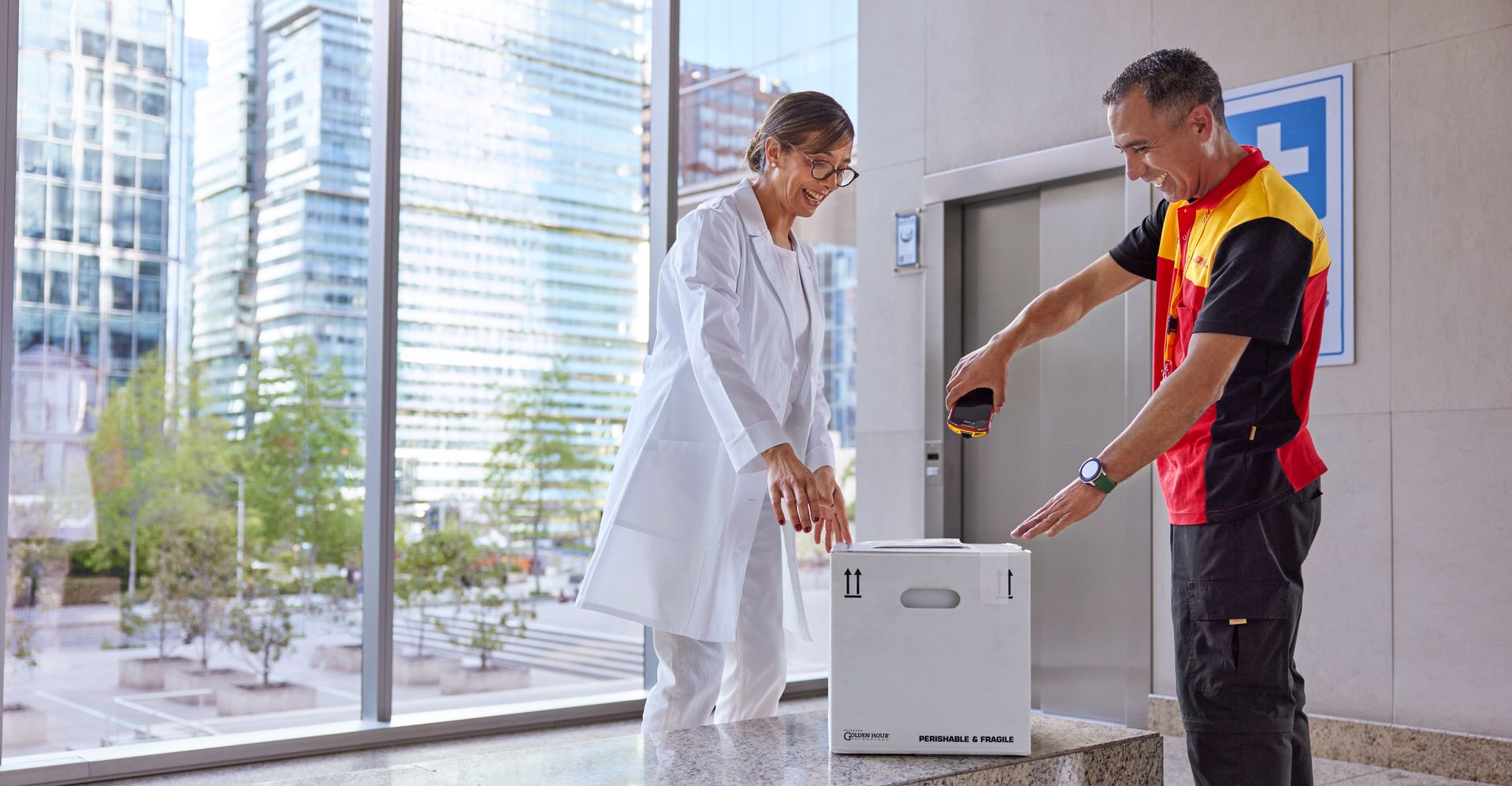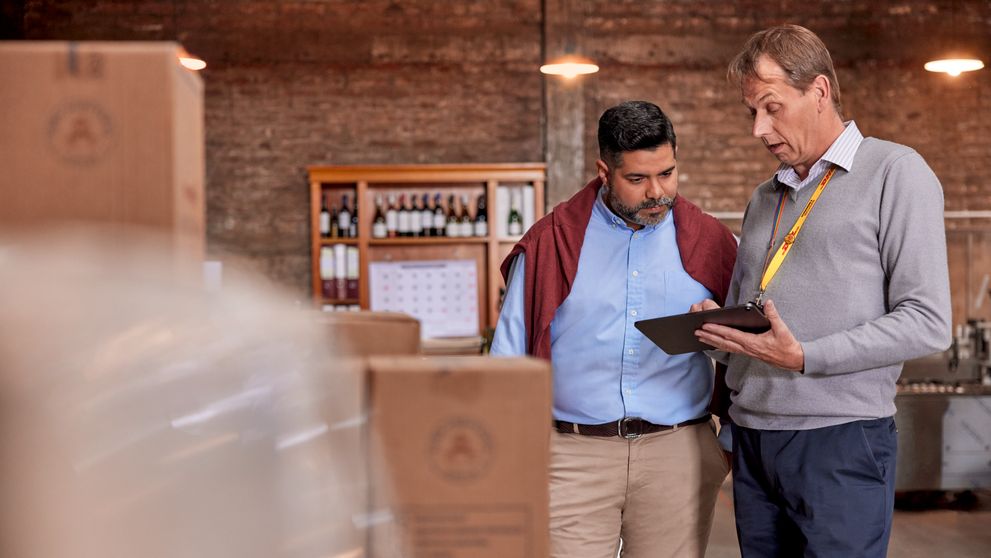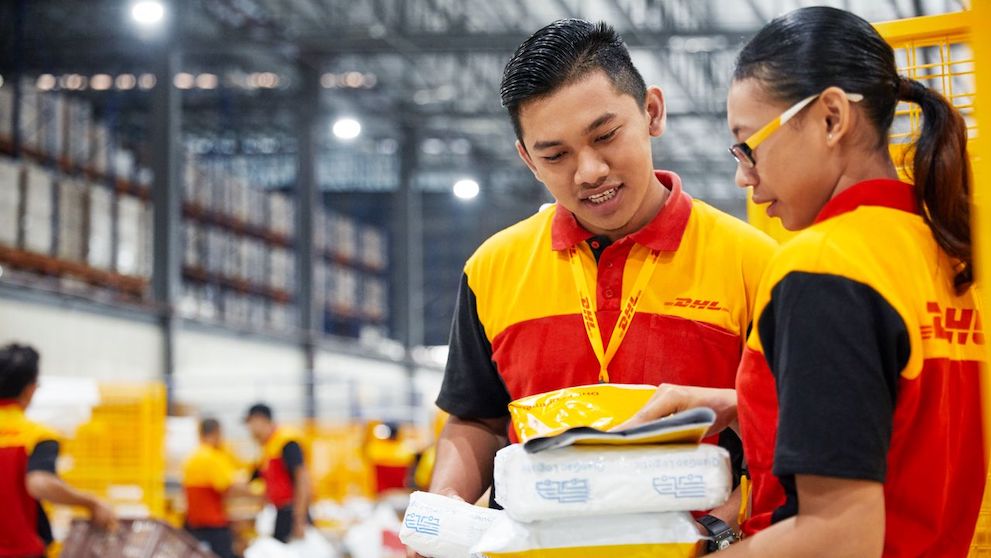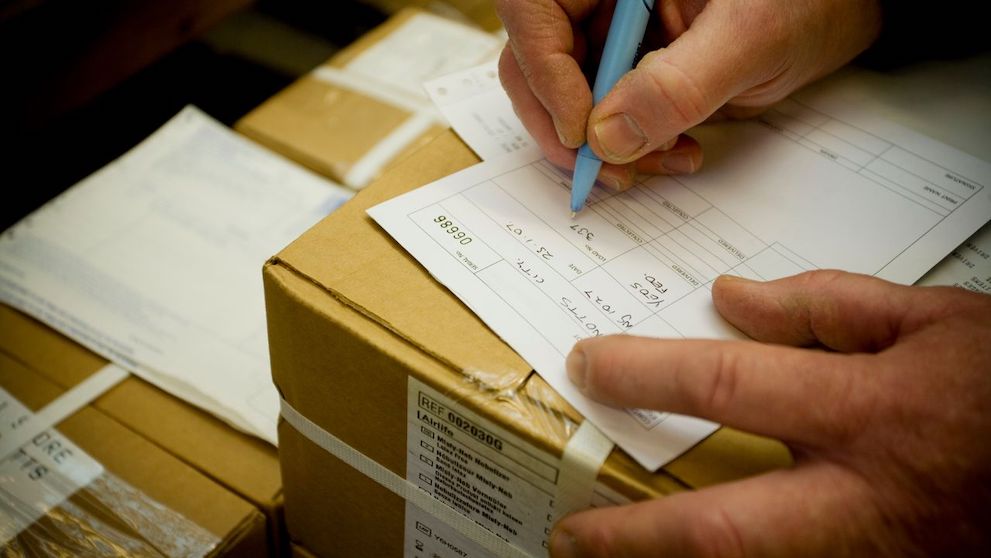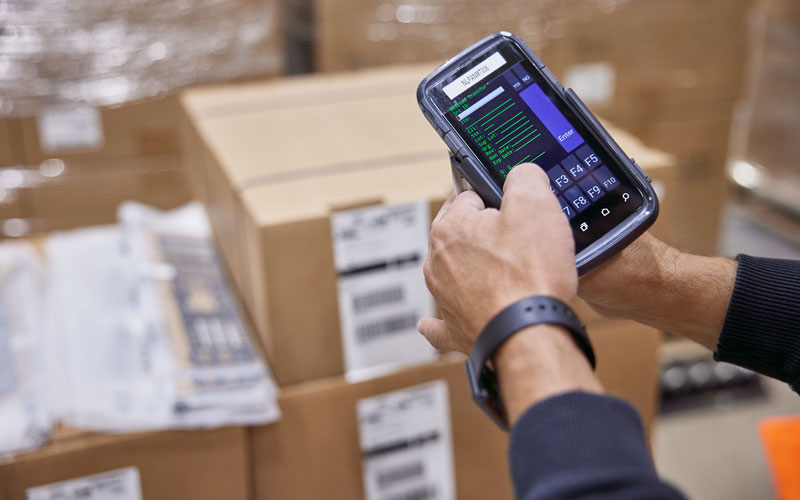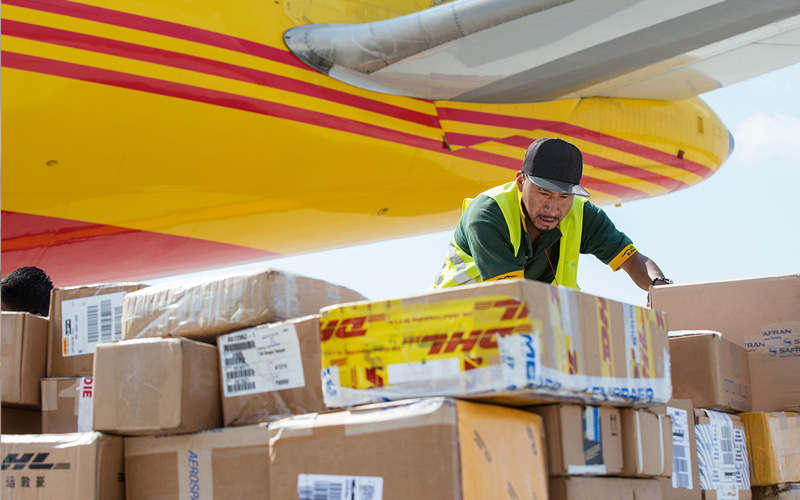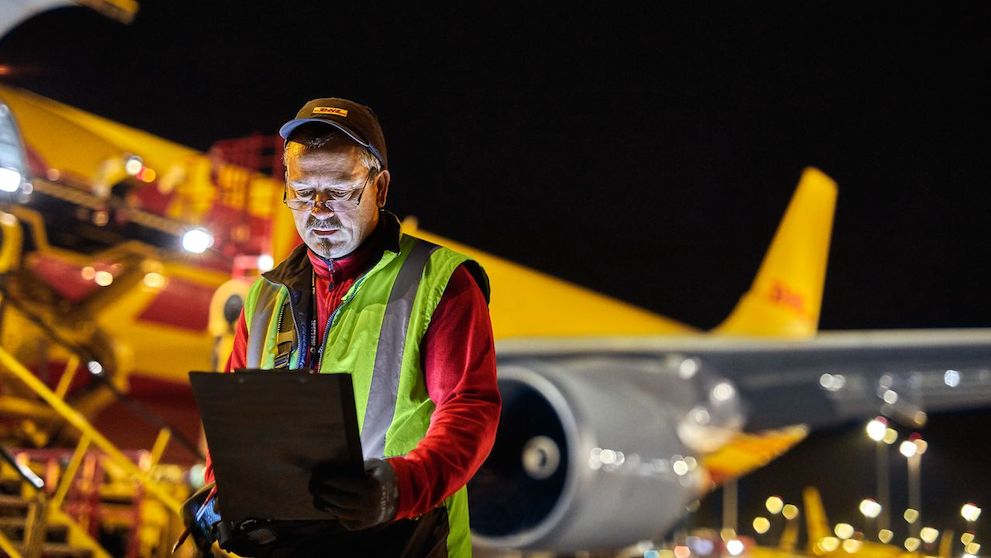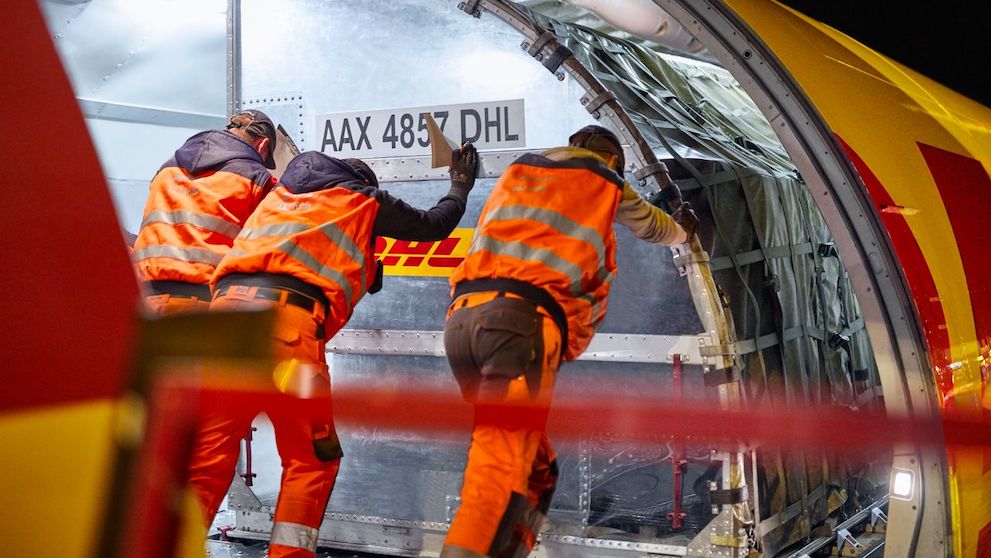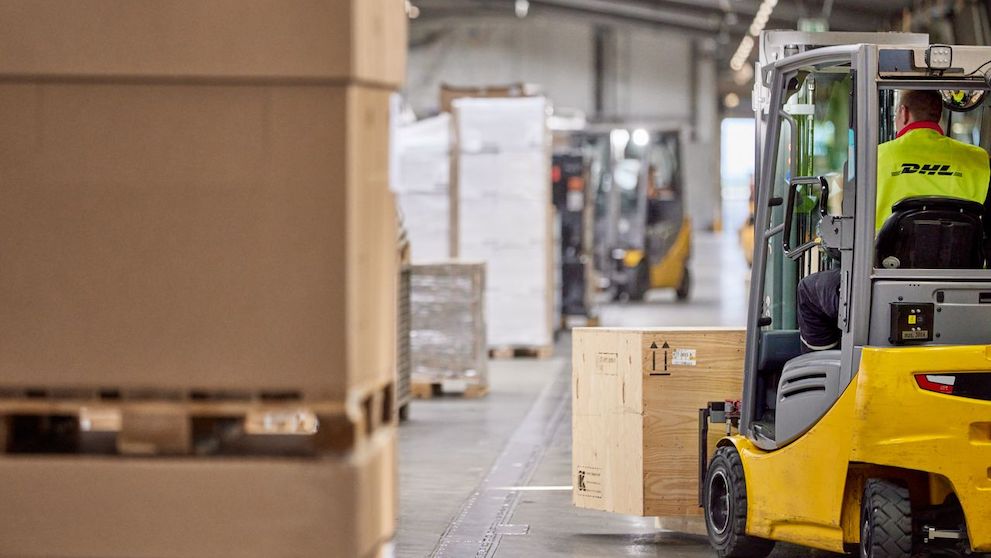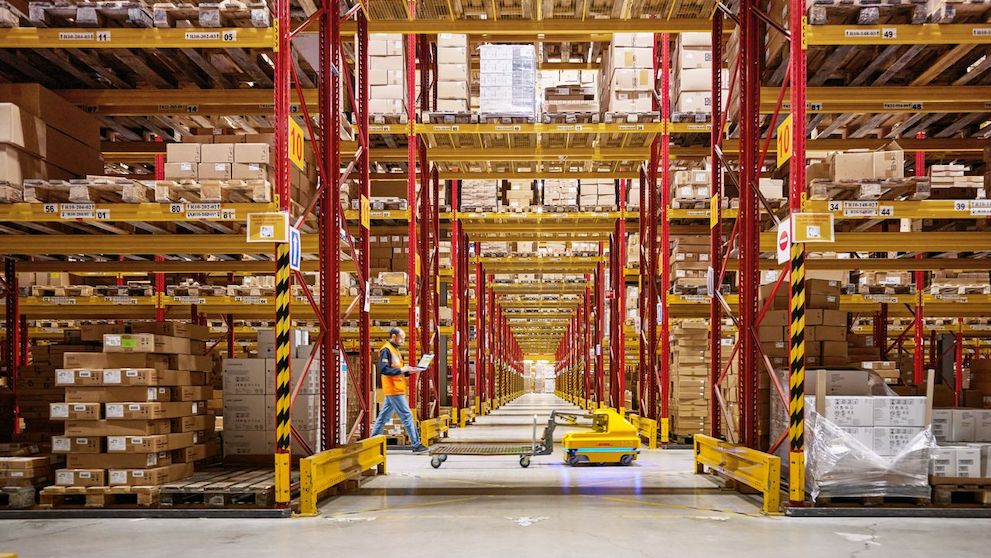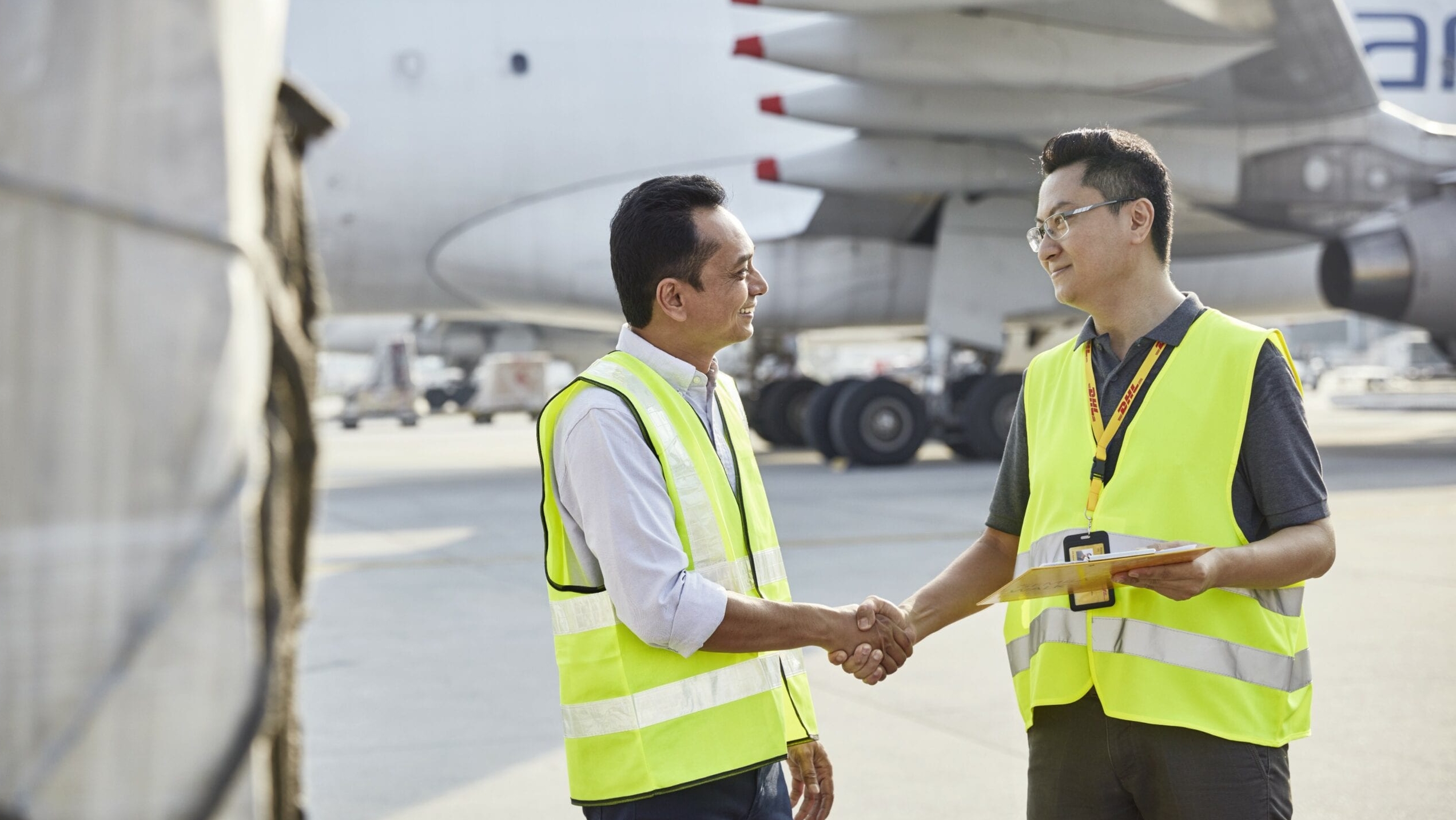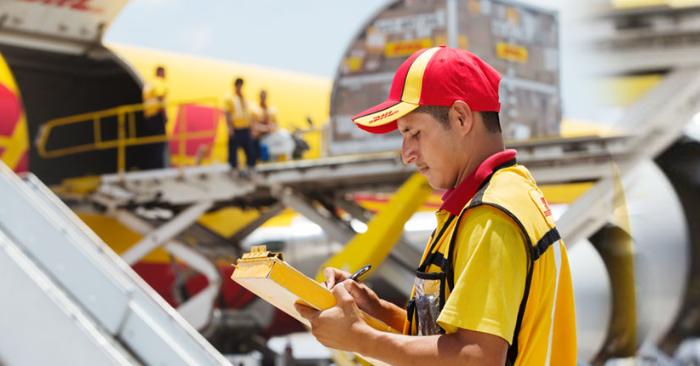As the demand for innovative medical technologies continues to rise globally, Singapore has become a pivotal player in the MedTech industry. This guide explores how Singapore’s MedTech sector, known for its high-value manufacturing and export capabilities, is perfectly positioned to meet these growing international needs. From cutting-edge medical devices to comprehensive support systems for exporters, Singapore offers a gateway to the thriving global healthcare market.
Singapore as a high-value MedTech manufacturing base
Singapore has established itself as a MedTech manufacturing powerhouse in Asia, producing a wide range of medical devices and equipment valued at over US$12 billion in 2021. This success is attributed to the country's robust research and development (R&D) capabilities, state-of-the-art manufacturing facilities, and a skilled workforce.
Singapore's MedTech companies manufacture a wide array of products, including cardiovascular implantables, life sciences tools and diagnostics, vision care devices, and hearing aids. These devices adhere to stringent quality standards and are sought after in international markets for their reliability and cutting-edge technology. This makes Singapore an attractive hub for businesses looking to manufacture and export medical devices.
Understanding Singapore's export regulations for medical devices
Navigating the export landscape for medical devices requires a comprehensive understanding of local regulations to ensure compliance and market access. In Singapore, the Health Sciences Authority (HSA) plays a pivotal role in regulating the import and export of medical devices. It has implemented a robust framework to ensure the safety, quality, and efficacy of these products.
Medical devices in Singapore are classified into different categories based on their risk level, ranging from Class A (lowest risk) to Class D (highest risk). Understanding this classification is vital for compliance, as it dictates the regulatory requirements for registration and post-market surveillance. This classification helps ensure that every medical device exported from Singapore meets international safety standards.
Before exporting a medical device from Singapore, it must be registered on the Singapore Medical Device Register (SMDR). The registration process involves submitting comprehensive information about the device, including its intended use, design, manufacturing process, and clinical evidence. Once registered, the device will be assigned a unique registration number, which must be included on the product label and packaging.
Shipping and logistics considerations
Exporting medical devices involves specific shipping and logistics considerations to ensure compliance with regulations and the safe delivery of products.
1. Preparing for export
Ensuring compliance with international standards is paramount when exporting medical devices. Exporters must adhere to ISO, CE marking, and FDA requirements appropriate to their target markets to facilitate market entry and enhance product credibility. Additionally, understanding these markets' specific product classifications and compliance requirements is crucial. This includes adhering to safety, efficacy, and quality control norms internationally recognised in the medical industry. Intellectual property protection is also essential; securing patents and trademarks in Singapore and target markets safeguards innovations and maintain a competitive edge.
2. Duties and taxes
Understanding the duty rates and GST applicable to the export of medical devices is crucial. While Singapore promotes free trade, knowing the fiscal responsibilities of the destination country aids in accurate pricing and logistical planning. Examples of total cost calculations, including duties and taxes, help businesses avoid unexpected expenses. Furthermore, exploring potential duty exemptions or relief can optimise cost efficiency and streamline operations.
3. Shipping documentation
Proper documentation is critical for the hassle-free export of medical devices. Exporters are required to prepare various documents, including export permits and declarations, health certificates, and free sale certificates that verify compliance with health and safety regulations. Depending on the type and destination of the medical device, specific licensing requirements may also need to be met, and understanding the role of the Competent Authority is vital for regulatory compliance.
4. Packaging and labelling requirements
Medical devices must be packaged in a way that ensures they arrive undamaged and comply with international customs requirements. This involves using materials and methods that provide adequate protection against physical damage, contamination, and other risks during transit. Labelling is equally important and must include detailed information such as the country of origin, safety standards, and importer details to comply with the legal requirements of the destination country, facilitating smoother customs clearance and enhancing transparency.
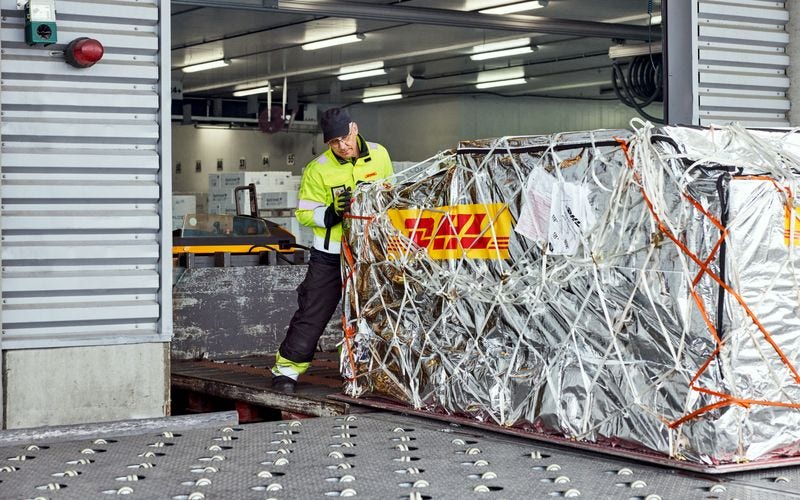
Explore DHL Express’ Medical Express (WMX) service
When it comes to exporting medical devices, choosing the right logistics partner is crucial to ensure the safe, timely, and compliant delivery of your products. DHL Express' Medical Express (WMX) service is specifically designed to cater to the unique requirements of the healthcare industry. Here are several key benefits of exporting medical devices with DHL Express’ WMX:
- Temperature-controlled shipping: Many medical devices require temperature-controlled environments during transit. WMX provides a range of temperature-controlled packaging options, including active and passive solutions, to maintain the integrity and efficacy of temperature-sensitive products.
- Time-definite delivery: DHL Express’ WMX offers reliable time-definite delivery options, ensuring that your medical devices reach their destination within the specified timeframe. This is crucial for time-sensitive shipments, such as those used in urgent medical procedures or clinical trials.
- Comprehensive insurance coverage: DHL WMX offers comprehensive insurance coverage for your valuable medical devices, providing peace of mind in case of unforeseen events during transit.
- Customs expertise: DHL Express has extensive experience in navigating customs regulations for medical devices. Their export-import expertise can help ensure smooth customs clearance and avoid delays in the delivery process.
Visit DHL Express’ Medical Express (WMX) to learn more about the service and find out how it can benefit your medical device export business.




